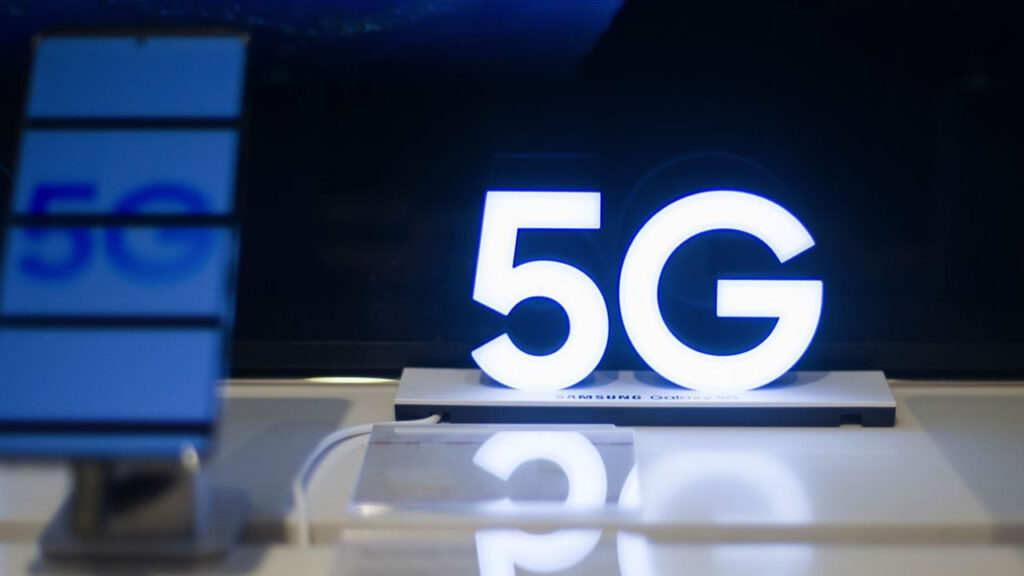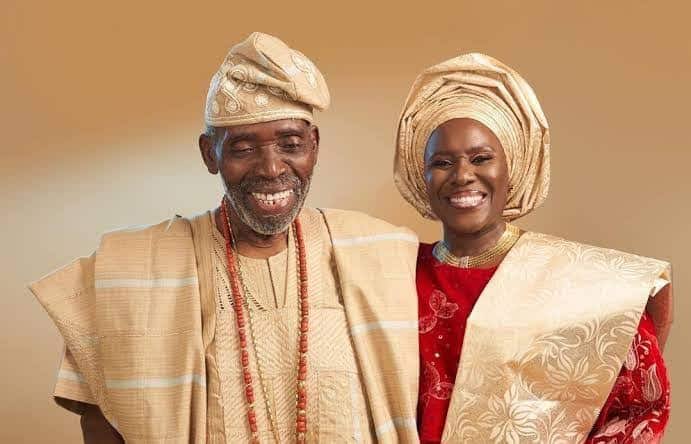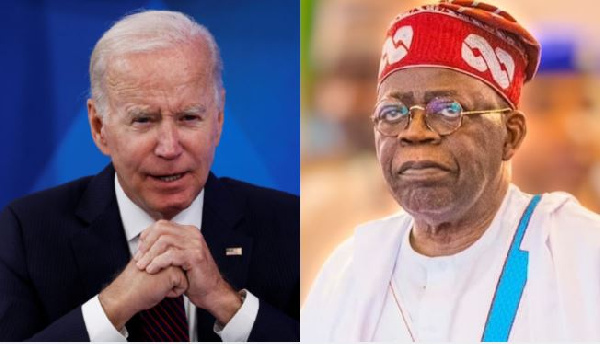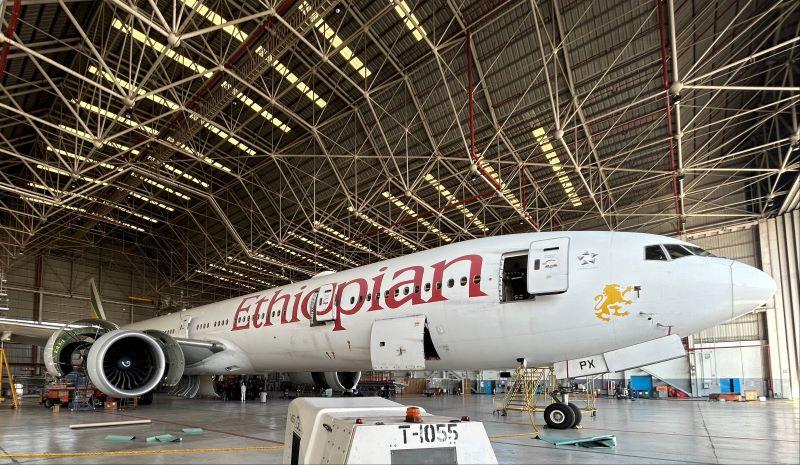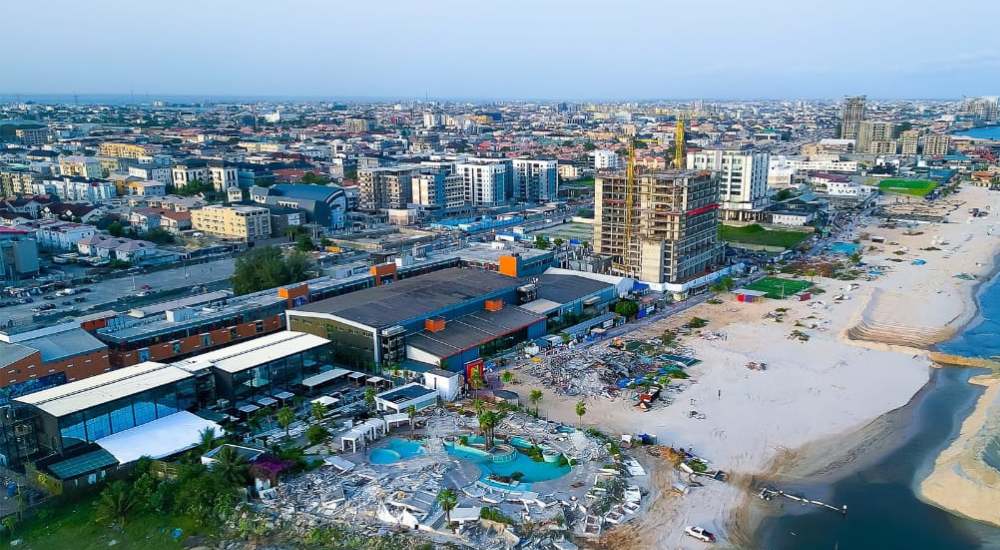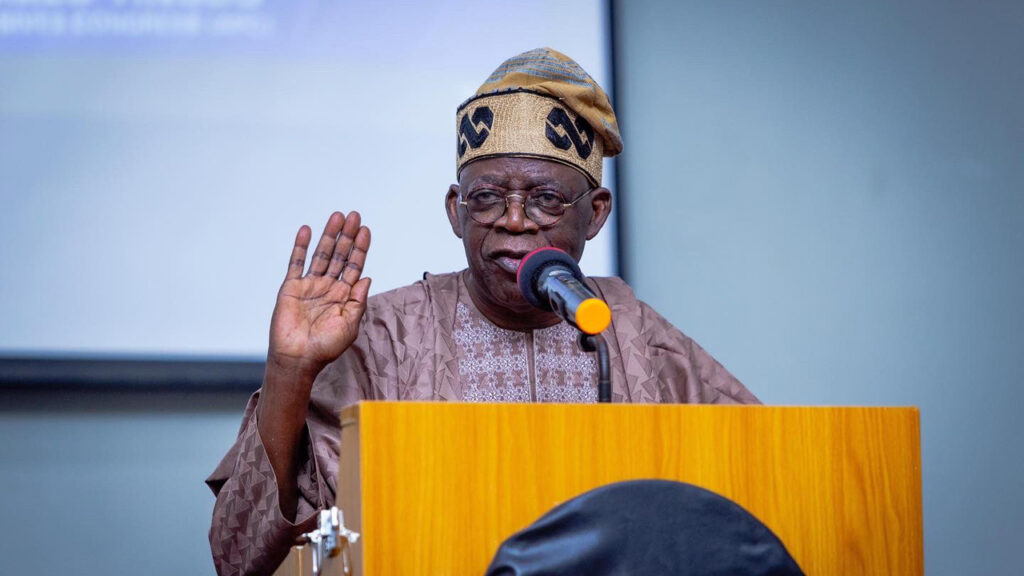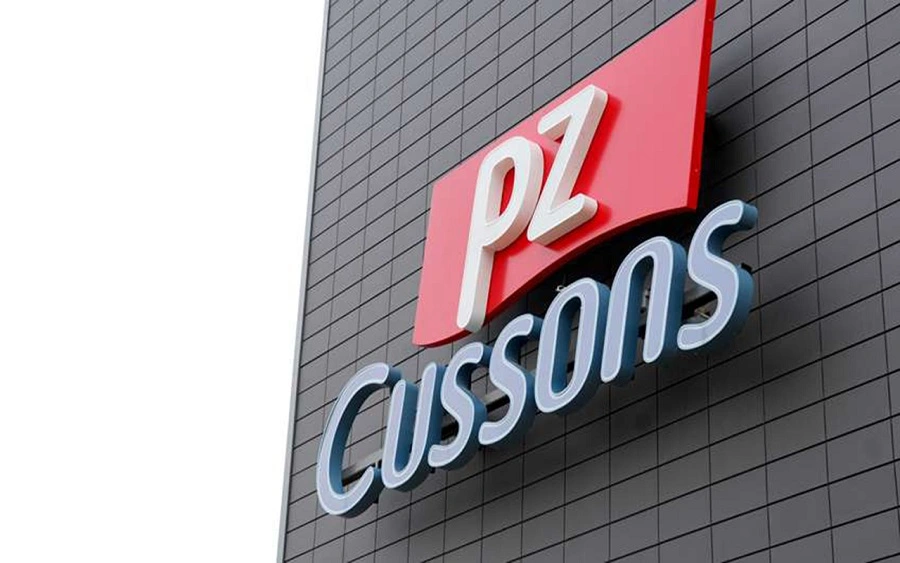The Fifth-Generation (5G) network has been found to deliver much lower page load speed than 4G on all three services including Facebook, Google and YouTube.
According to Ookla in its Speedtest Global Index, in Nigeria, during Q1 2024, Google loaded 24 per cent faster on 5G than 4G, YouTube was 27 per cent faster, and Facebook was a whopping 47 per cent faster on 5G.
Ookla explained that page speed relies on low latency for the best Internet experience. It said page load speed is a critical measure of web browsing experience, which measures how long it takes for a page to load, fully displaying the content on it.
The report said this is directly impacted by latency, which is how quickly a user’s device gets a response after a request has been sent out.
According to Ookla, a typical request on the Internet requires two to five round-trip communications between various entities over different latency-sensitive protocols.
Ookla said one of the promises of 5G is lower latency, which should lead to a faster (lower) page load speed on any page. Consequently, the Speedtest Global Index reported the global average for mobile latency as 27 milliseconds (0.027 seconds) with fixed broadband at 9 ms (0.09 s) in May 2024.
The firm posited that 5G lived up to the latency promise, showing a faster page load speed than 4G on all services in all countries surveyed, including Brazil, Canada, France, India, Mexico, Nigeria, South Africa, Spain and the United States of America.
However, the report observed that improvement was not the same in all places, with Canada topping the list of fastest page load speed over 5G on all the services we surveyed while South Africa had the slowest 5G page load speed on Google and YouTube of countries reviewed here.
5G page load speed was the fastest or among the fastest for all countries analysed, with Canada having the fastest page load speed on Facebook, Google, and YouTube. According to the report, 5G delivered a decently faster page load speed than 4G on all three services in Canada during Q1 2024. YouTube loaded 16 per cent faster on 5G than on 4G, Google was 18 per cent faster, and Facebook was 23 per cent faster on 5G.
The speed test data showed that 5G delivered a much lower page load speed than 4G on all three services in Brazil. Google loaded 20 per cent faster on 5G than on 4G, YouTube was 25 per cent faster, and Facebook was 30 per cent faster on 5G.
In France, Speedtest data shows 5G page load speed on all three services was decently faster than on 4G. YouTube loaded 14 per cent faster on 5G than 4G, Facebook was 19 per cent, and Google was 20 per cent faster on 5G.
In India, speed test data showed the page load speed on all three services was much lower on 5G than 4G. Google loaded 23 per cent faster on 5G than 4G, YouTube was 32 per cent faster and Facebook was 33 per cent faster on 5G.
For South Africa, 5G delivered a much lower page load speed than 4G on all three services during the period under review. Google loaded 22 per cent faster on 5G than 4G, YouTube was 27 per cent faster, and Facebook was 36 per cent faster on 5G. South Africa had the slowest 5G page load speed for both Google and YouTube of any of the countries analysed.
According to Ookla, speed test data from the U.S. showed that 5G delivered a much lower page load speed than 4G on all three services during Q1 2024. Google loaded 21 per cent faster on 5G than on 4G, YouTube was 22 per cent faster, and Facebook was 26 per cent faster on 5G.
But checks by The Guardian revealed that 5G traction has been slow in Nigeria, though the commercial launch of the service in the country will be two years by September. Currently, only about 2.7 million Nigerians are enjoying 5G service in the country.
Subscription statistics from the Nigerian Communications Commission (NCC) showed that as of the first quarter of 2023, 5G penetration hits 1.24 per cent.
According to NCC, the total number of active mobile connections in the country stood at 219 million as of March. This means that of the 219 million active connections, the 1.24 per cent 5G connections mean that about 2.7 million Nigerians have subscribed to the latest technology.
As of December 2023, 5G penetration in the country stood at 1.04 per cent. This increased to 1.11 per cent in January 2024 and then 1.18 per cent in February.
Recall that almost two years into the launch of the technology in Nigeria, MTN, Airtel and Mafab Communications currently offer the service.
MTN puts 5G penetration on its network at 12.4 per cent, up by 1.2 percentage point with spread across the country, with total data traffic on the network hitting 6.4 per cent.
Airtel last year rolled out the service in four states including Lagos, Abuja, Rivers, and Ogun with plans to roll out across the country in 2024, while Mafab claimed presence in Lagos and Abuja.

